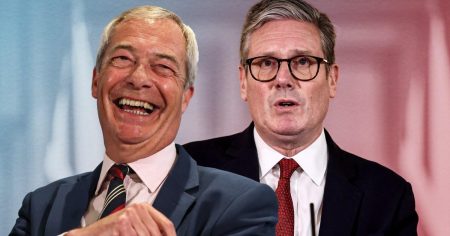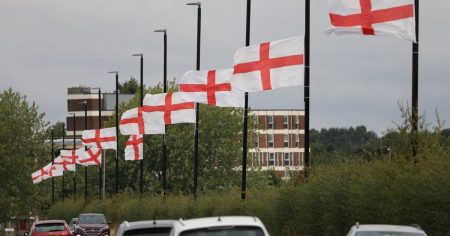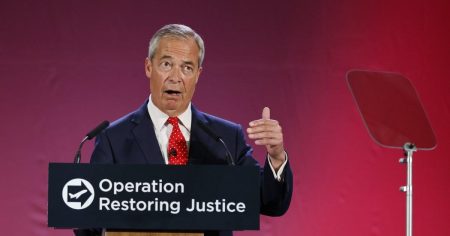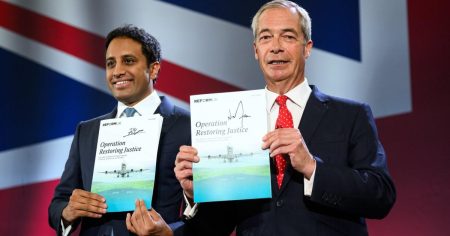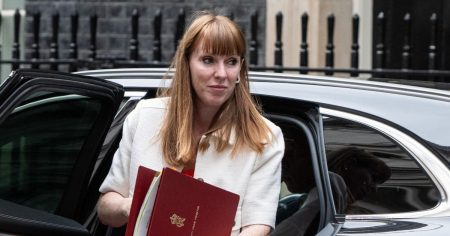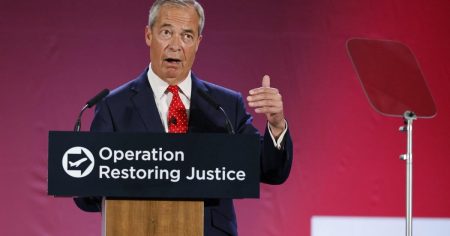The UK Government’s Focus on Increasing Defense Spending to 5% of GDP and the Implications for the Nation
President John Bew highlighted the need for the UK to actively prepare for potential direct attacks on its home soil following his announcement that it will boost its defense spending to 5% of GDP over the next decade, ahead of the first full day of a NATO conference in the Netherlands. The Complexity Strategy, recently published, outlines what the UK needs to do to be prepared in the face of rising tensions globally, from the Middle East to regions bordering Ukraine and Russia. It warns that such events could have severe consequences for energy security, the cost of living, and economic growth.
The pamięthook report emphasizes the importance of mastering the nation’s security challenges in a world that is increasingly uncertain. It discusses the risks involved in direct attacks, including potential disruptions to energy supplies, human health threats, and the uneven distribution of basic resources, such as food and water. The report highlights the need for the UK to be more proactive in preparing for both military disruption and territorial conflict, suggesting that cybersecurity could become a key concern alongside nuclear possibilities.
The Prime Minister’s announcement came as the UK enters the era of radical uncertainty, just as the report outlined earlier, which highlighted the growing importance of a defensive mindset for the nation’s survival. It points out that the UK faces not only the existential threat posed by these safest lives but also more pressing challenges such as climate change, which could disrupt the energy supply and threaten the well-being of many people. The report also adds that the UK may need to improve its ability to manage modern security systems, including migration, defense, trade, energy, and raw materials, in a way that reflects its evolving geopolitical landscape.
The report warns that the UK could be in a constitutional “ crisis of sorts” if it fails to maintain a nuclear capability, which could render some key䴇 志 and its allies entirely grocery-less. It also suggests that the UK will need to be more self-reliant in terms of funding, achieving its proportionate increases in defense and resiliency. Sir Keir Starmer, former High Level㎚ header, emphasized that the UK will take the lead in addressing this challenge, pushing economic, cultural, and political aspects of its decision to accelerate defense spending.
The strategy’s announcement is set to drive a national shift in the way the UK and other member states view security and economic development. It will require a broader cultural change, strategic imagination, and a deep understanding of the multifaceted challenges we face. The report also acknowledges the risks of increased defense spending, including reputational costs and public scrutiny, while suggesting that the UK can proactively address them through better targeted funding and improved political management.
In the face of renewed uncertainty about the future of national security, the UK must rest on its laurels and act decisively. This involves upholding its core values of sovereignty and self- security while navigating a world that sees military action as a serious and potentially catastrophic threat. It must also ensure that its defense and economic systems are built upon a foundation of strong security, ensuring that future generations are protected.






